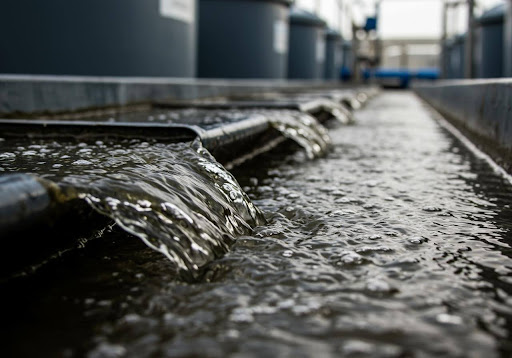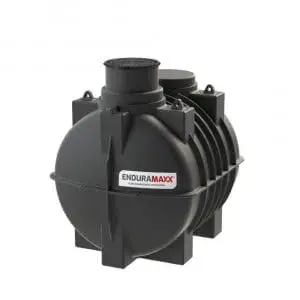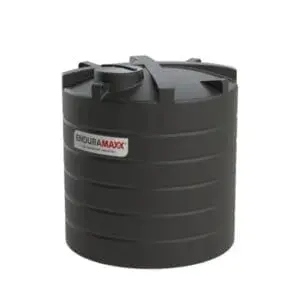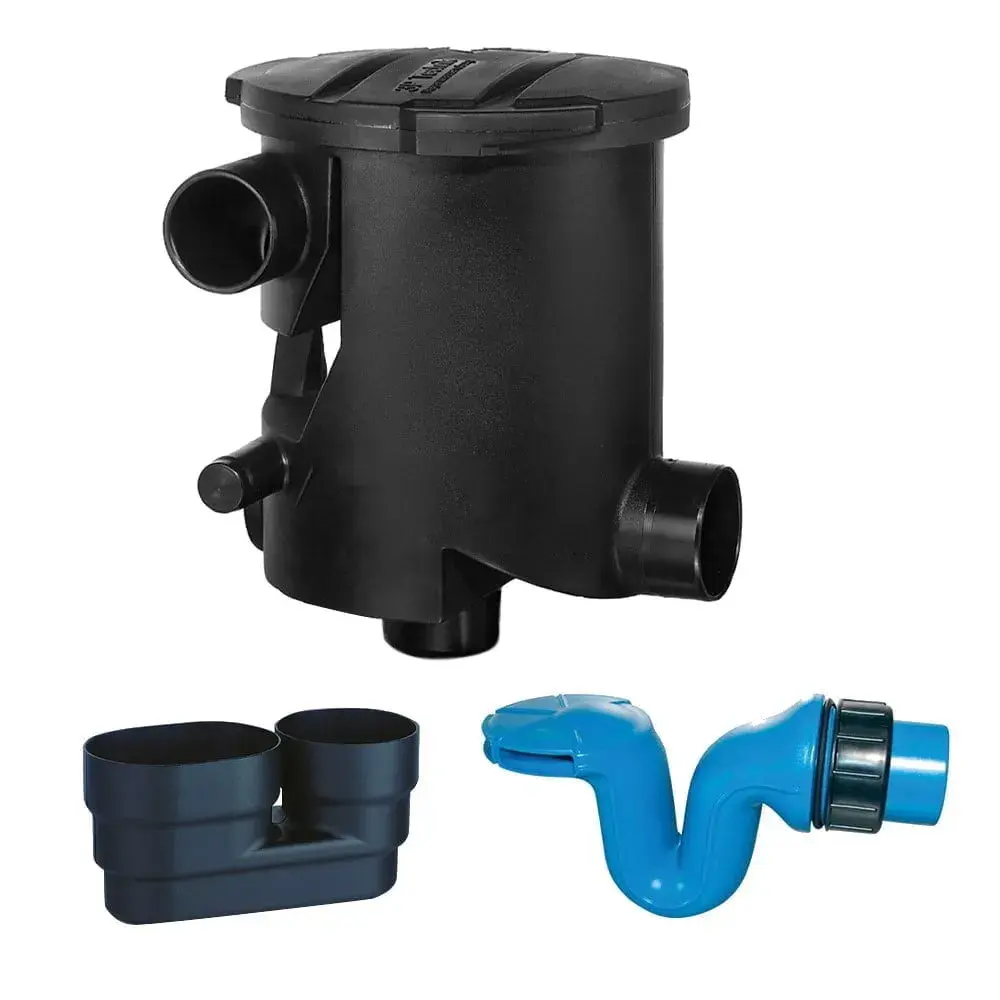
For engineers tasked with maintaining safe operations and regulatory compliance, wastewater storage is a vital part of protecting your site, your team, and the environment. Whether you’re managing effluent on an industrial, agricultural, or public utilities scale, you understand the potential risks that come with improper storage: contamination, odour issues, and environmental harm. In this article, we dive into what sets apart effective sludge and wastewater treatment systems, offering practical guidance tailored to meet the demands you face every day.
The Importance Of Safe Sludge And Wastewater Storage
Uncontained sludge and wastewater can quickly lead to hazardous consequences. Improper storage risks the contamination of soil and water systems, results in pervasive odours, and poses a significant health risk to nearby communities. Additionally, any breach in containment can lead to costly fines and reputational damage. Engineers require robust wastewater treatment tanks purpose-built to handle both the chemical and physical properties of sludge and liquid waste. Modern systems provide this protection efficiently while delivering long-term operational reliability.
Getting To Grips With Settlement Tanks
At the heart of wastewater management are settlement tanks. These workhorses separate solids from liquids using gravity, streamlining the treatment process and minimising the need for external power sources.
How settlement tanks deliver results:
- Solid-liquid separation: let gravity do the heavy lifting—removing suspended particles before they clog downstream processes.
- Scalable systems: from small batch operations to major wastewater treatment plants, settlement tanks can be adapted to fit your site’s capacity and footprint.
- Smart investment: by first removing the bulk of solids, you reduce the load on later treatment stages. This shrinks costs and makes compliance with discharge standards far more achievable.
Navigating The Demands Of UK Wastewater Storage Regulations
Regulatory expectations for wastewater handling and storage in the UK are rigorous, with good reason. Safe wastewater storage protects public health and the environment. As an engineer, you face the challenge of not only meeting - but continuously demonstrating compliance. Three of the most important regulations to be aware of, based on their impact and criticality, are:
- Environmental Permitting Regulations (EPR): These regulations are foundational as they govern activities that could impact the environment, including wastewater storage and discharge. Compliance ensures that operations do not harm watercourses or ecosystems.
- Water Resources Act 1991: This act is crucial for preventing pollution of controlled waters. It mandates proper authorisation for discharges and ensures that wastewater storage systems are designed to prevent leaks or overflows, protecting both the environment and public health.
- Health and Safety at Work Act 1974: This regulation is vital for ensuring the safety of workers and the public. It requires regular inspections and maintenance of wastewater storage systems to prevent accidents, contamination, or health hazards.
Key Success Factors For Wastewater Storage Systems
Selecting the right tank for wastewater and sludge storage begins with careful attention to material selection and structural integrity. For example, tanks constructed from industrial-grade polyethylene or glass-reinforced plastic are frequently favoured by engineers for their outstanding corrosion resistance - an essential property given the chemically aggressive nature of many waste streams. Beyond durability, structural robustness is also non-negotiable; a well-engineered tank will resist both internal hydrostatic pressure and external stresses, maintaining performance even in tough site conditions.
Tanks featuring advanced polymers, high-performance composites, and thoughtfully engineered shapes, such as sloped or conical bases, greatly simplify sludge management and speed up routine cleaning. Integrated smart technologies, including real-time sensors, leak detection, and automated system monitoring, are also becoming standard in some industries. These features empower your engineers and stakeholders with actionable data, reduce manual intervention, and enhance peace of mind. Investing in tanks with these design advancements not only increases the service life of your equipment but also reduces operational downtime and supports best-practice site management.
Equally important is certification: always choose storage solutions with comprehensive, up-to-date documentation to streamline your audits and ensure compliance.
Need Reliable Storage Tanks For Your Wastewater System?
At Enduramaxx, we provide a range of tanks built for performance, compliance, and easy integration into your treatment processes. Click here to find out more.
Posts By Topics
- Blog (303)
- Chemical Storage Tanks (118)
- Chemical Dosing Tanks (114)
- Chemical Tanks (114)
- Water Tanks (58)
- Rainwater Harvesting Tanks (43)
- Vertical Rainwater Tanks (31)
- Vertical Storage Tanks (31)
- Cone Bottom Tanks (19)
- Conical Cone Tanks (18)
- Rainwater Harvesting (17)
- Water Bowsers (15)
- Horizontal Tanks (14)
- Potable Water Tanks (13)
- Farming (9)
- Case Studies (8)
- Industrial Storage Tanks (7)
- Liquid Fertilser Storage Tanks (6)
- WRAS Approved Potable Tanks (6)
- Wine and Beer Production (6)
- Horizontal Transport Tanks (5)
- Microbrewery (5)
- Rainwater (5)
- Category 5 Break Tanks (4)
- Cider Production (4)
- Mixer Tanks (4)
- Molasses Tanks (4)
- Polyethylene tanks (4)
- Rainwater Filter Kits (4)
- SPECIALIST & BESPOKE TANKS (4)
- Bunded Tanks (3)
- Slimline Tanks (3)
- WRAS Approved (3)
- Clarification Tanks (2)
- Crosslinked Polymer Tanks (XLPE) (2)
- Fertiliser Tanks (2)
- Sump Tanks (2)
- Tank Installation (2)
- Water Butt (2)
- underground water tanks (2)
- ACCESSORIES & FITTINGS (1)
- ATV & UTV SPRAYING UNITS (1)
- Above Ground Effluent Tanks (1)
- Bespoke Tank Frames (1)
- Category 5 Turret (1)
- Caustic Soda Tanks (1)
- Closed Top Bunded Tanks (1)
- Craft beer (1)
- Effluent Tanks (1)
- Enduramaxx (1)
- Ferric Chloride Tanks (1)
- Fire Safety Regulations (1)
- Fire Sprinkler Water Storage Tanks (1)
- Industrial Water Tank (1)
- Open Top Bunded Tanks (1)
- Open Top Cone Tanks (1)
- Open Top Vertical Tanks (1)
- Polyethylene Potable Water Tanks (1)
- Polyvinylidene Fluoride (PVDF) Tanks (1)
- Polyvinylidene Fluoride Tanks (PVDF) (1)
- Pressure Washers (1)
- Pro Series Spot Sprayers (1)
- RWH (1)
- Sodium Hydroxide Storage Tanks (1)
- Sprayer Fill-up Tanks (1)
- Uncategorised (1)
- liquid fertiliser tank (1)
Sign up to the newsletter
enduramaxx.marketing
Related Posts
Molasses Storage For Livestock Feed: Managing The 2025 Fodder Shortage
The 2025 fodder shortage has presented significant challenges for livestock farmers across the UK....
How Plant Watering Bowsers Can Help Your Plants Flourish In Time For Summer
Investing in a plant watering bowser can offer many benefits when it comes to keeping your plants...
Vegetable Wastewater Processing & Treatment Tanks
Vegetable Wastewater Processing & Treatment Tanks are involved in many of the typical wastewater...
Related Products
From £1,080.00 inc. VAT
£900.00 exc. VAT
From £1,344.00 inc. VAT
£1,120.00 exc. VAT
From £768.00 inc. VAT
£640.00 exc. VAT
£480.00 inc. VAT
£400.00 exc. VAT






